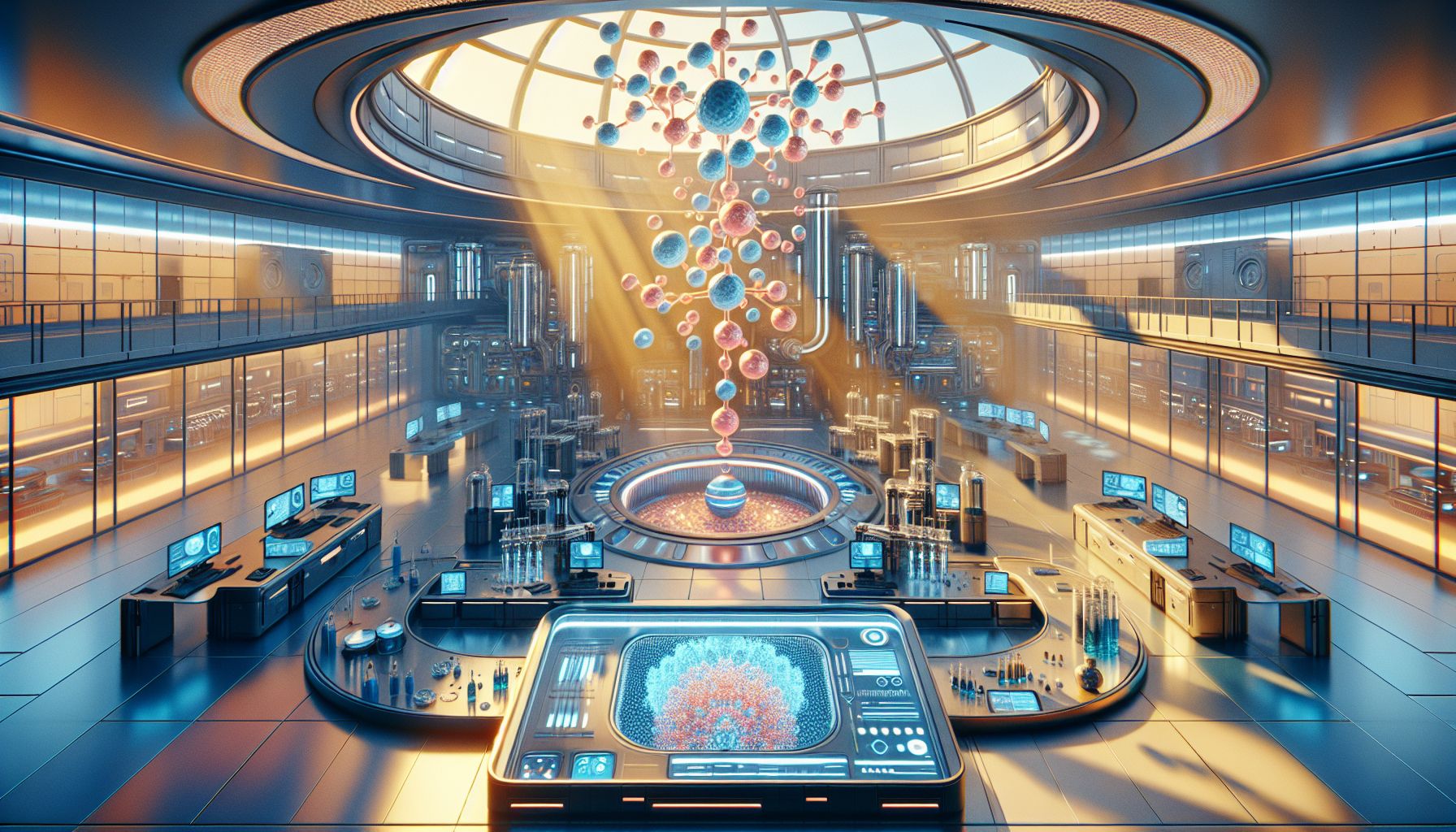TU Delft Consortium Secures €40M for AI-Driven Synthetic Biology

The EVOLF consortium, led by TU Delft, has been awarded €40M to develop AI-driven methods for creating synthetic cells from lifeless biomolecules, aiming to revolutionize synthetic biology and bioengineering.
What is EVOLF?
The EVOLF consortium is a multidisciplinary team of scientists from various Dutch universities, including TU Delft, AMOLF, University of Groningen, Radboud University, Wageningen University & Research, Hubrecht Institute, and VU Amsterdam. The consortium’s primary goal is to build a synthetic cell from lifeless biomolecules using artificial intelligence and laboratory evolution. This ambitious project has received €40M in funding from the Dutch Research Council (NWO) and aims to achieve a groundbreaking transformation in synthetic biology over the next decade.
Key Figures and Their Vision
Cees Dekker, a prominent figure at TU Delft, is the main applicant for this project. He envisions creating a living cell from lifeless molecules that can replicate, communicate, and evolve autonomously. Gijsje Koenderink, another key scientist involved, emphasizes the fundamental question driving their research: ‘How does a living cell emerge from lifeless molecules?’ Their collective dream is to integrate cellular functions into a unified synthetic cell, bridging the gap between non-life and life.
The Role of Artificial Intelligence
Artificial intelligence will play a crucial role in this endeavor. By harnessing AI, the team aims to accelerate the construction of synthetic cells. AI algorithms will help in understanding and predicting the complex interactions between biomolecules, enabling the team to design and evolve synthetic cells more efficiently. This approach not only speeds up the research process but also opens new avenues for innovation in synthetic biology.
Applications and Benefits
The potential applications of this research are vast, spanning medicine, food, healthtech, and agritech. In medicine, synthetic cells could lead to advanced therapies for diseases that are currently difficult to treat. In food and agriculture, these cells could be engineered to produce nutrients or biofuels, enhancing food security and sustainability. Healthtech and bioengineering could benefit from new diagnostic tools and bio-manufacturing processes that are more efficient and environmentally friendly.
Ethical Considerations
The project also includes a strong focus on ethical and philosophical considerations. Marvin Tanenbaum from the Hubrecht Institute and TU Delft highlights the importance of connecting scientific work with philosophical and ethical research. The consortium’s ‘living lab’ will involve philosophers and humanities scholars working alongside scientists to establish responsible research guidelines and articulate a new definition of life. This interdisciplinary approach ensures that the development of synthetic life remains under human control and adheres to ethical standards.
Future Prospects
Over the next ten years, the EVOLF consortium plans to hire 100 PhD students, postdocs, and technicians to work on this groundbreaking project. The funding will also be used to set up critical infrastructure and technologies necessary for achieving their goals. Cees Dekker describes this initiative as one of the grand challenges of this century, comparable to the discovery of the double helix of DNA or decoding the human genome. The successful creation of a synthetic cell would mark a monumental breakthrough in life sciences, potentially reshaping our understanding of life itself.

